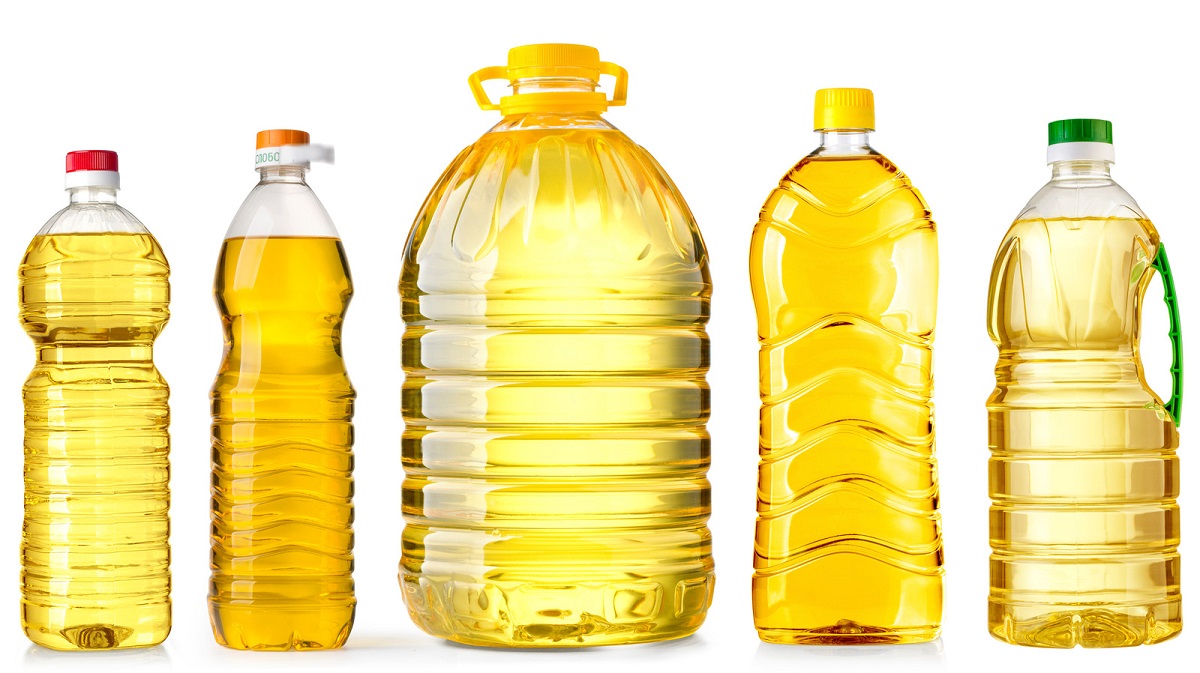

Articles
How To Store Cooking Oil Long Term
Modified: December 7, 2023
Learn the best methods for storing cooking oil long term in this informative articles. Keep your oil fresh and avoid spoilage with these expert tips.
(Many of the links in this article redirect to a specific reviewed product. Your purchase of these products through affiliate links helps to generate commission for Storables.com, at no extra cost. Learn more)
Introduction
When it comes to cooking, oil is one of the essential ingredients. Whether you’re frying, sautéing, or baking, oil adds flavor and helps to achieve the desired texture in your dishes. However, buying oil in bulk can save you money and time in the long run. But how do you store cooking oil long term to ensure its quality and freshness?
In this article, we will explore the factors to consider when storing cooking oil for an extended period. We will also discuss the best methods and practices to maintain optimal storage conditions and prolong the shelf life of your cooking oil. So if you’re ready to become an expert in storing cooking oil, let’s dive in!
Key Takeaways:
- Choose cooking oils with longer shelf lives, like canola or peanut oil, for extended storage. Use opaque, airtight containers in cool, dark places to maintain oil quality and freshness.
- Monitor oil quality, avoid heat and light exposure, and consider alternative storage methods to prolong the shelf life of cooking oil. Always discard spoiled oil to ensure safety and flavor.
Read more: How To Store Pasta Sauce Long Term
Factors to Consider
Before diving into the specifics of storing cooking oil long term, there are a few factors you need to consider. These factors will help you make informed decisions regarding the type of oil you choose and the storage methods you employ. Let’s take a closer look at these factors:
- Oil type: Different types of cooking oils have different shelf lives. Oils with higher smoke points, such as canola, grapeseed, and peanut oil, tend to have longer shelf lives compared to oils with lower smoke points, like olive oil or sesame oil.
- Quality: The quality of the oil you purchase plays a crucial role in its shelf life. Opt for oils with a low acidity level and avoid those that have been exposed to excessive heat or light, as these factors can accelerate the oil’s deterioration.
- Storage containers: The type of container you use to store your cooking oil can make a significant difference in its longevity. Look for containers that are made of opaque materials, as they can prevent light exposure. Additionally, containers with airtight seals help to preserve the quality of the oil by preventing oxygen from entering.
- Storage location: Where you store your cooking oil can affect its shelf life. Avoid storing oil near sources of heat, light, or humidity, as they can degrade the oil and reduce its quality.
By considering these factors, you can make informed decisions about the type of oil you choose and the storage methods you employ. This will ensure that your cooking oil stays fresh and of high quality for an extended period.
Choosing the Right Cooking Oil
When it comes to storing cooking oil long term, selecting the right oil is crucial. Each type of oil has its own set of characteristics and shelf life. Here are a few popular cooking oils and their individual benefits:
- Canola oil: Canola oil has a high smoke point and a neutral flavor, making it suitable for a variety of cooking methods, including frying and baking. It has a relatively long shelf life of up to two years.
- Olive oil: Olive oil offers a distinct flavor and is commonly used in dressings, marinades, and sautéing. Extra virgin olive oil, known for its superior quality, has a shorter shelf life of about one year.
- Peanut oil: Peanut oil has a high smoke point and imparts a slightly nutty flavor to dishes. It is commonly used in stir-frying and deep-frying. Peanut oil can last up to two years when stored properly.
- Sesame oil: Sesame oil is commonly used in Asian cuisine for its unique flavor and aroma. It is best used as a finishing oil or in sauces and dressings. Sesame oil has a shorter shelf life of about six months.
- Grapeseed oil: Grapeseed oil has a high smoke point and a mild flavor. It is known for its versatility and is suitable for various cooking methods. Grapeseed oil has a shelf life of up to one year.
These are just a few examples of cooking oils, and there are many more options available. Consider your cooking preferences, desired flavors, and intended cooking methods when selecting the right cooking oil for your long-term storage needs.
It’s important to note that regardless of the oil you choose, always check the quality and expiration date before purchasing. Fresh, high-quality oil will ensure the best results in your dishes and will have a longer shelf life when stored properly.
Proper Storage Containers
Selecting the right storage containers for your cooking oil is essential to maintain its quality and prolong its shelf life. Here are some factors to consider when choosing the proper storage containers:
- Material: Opt for containers that are made of dark, opaque materials like glass or stainless steel. These materials help protect the oil from light exposure, which can cause oxidation and degrade its quality.
- Airtight seal: Look for containers with airtight seals to prevent oxygen from entering and moisture from seeping in. Oxygen and moisture can promote the growth of bacteria and hasten oil deterioration.
- Size: It’s best to choose containers that can accommodate the amount of oil you usually use. This will help minimize the amount of air contact within the container, reducing the risk of oxidation.
- Spout or dispenser: Consider containers that have built-in spouts or dispensers for easy pouring and portion control. This feature can help minimize exposure to air and maintain the freshness of the oil.
Once you have selected the appropriate storage container, make sure it is clean and dry before transferring the oil. Avoid using containers that previously held other substances, as residual flavors or odors can taint the oil.
Additionally, label your containers with the purchase or expiration dates to keep track of the oil’s freshness. This will help you to use the oldest oil first and prevent any potential waste.
Remember, proper storage containers play a significant role in maintaining the quality and prolonging the shelf life of your cooking oil. Invest in high-quality containers that offer protection from light, air, and moisture to ensure the longevity of your oil.
Best Locations for Storing Cooking Oil
The location where you store your cooking oil can impact its freshness and longevity. Here are some recommended locations for storing your cooking oil:
- Cool, dark pantry: One of the best places to store cooking oil is in a cool, dark pantry. The consistent cool temperature helps to slow down the oxidation process and extend the oil’s shelf life. Keep the oil away from any heat sources like stoves or ovens to prevent exposure to high temperatures.
- Refrigerator: While not necessary for all types of cooking oil, some oils, like nut oils or flaxseed oil, benefit from refrigeration. The low temperature helps to further slow down the oxidation process and keep the oil fresh for a longer period. However, refrigeration can cause some oils to solidify or become cloudy, so always check the specific recommendations for the type of oil you are using.
- Freezer: Freezing cooking oil is a viable option if you want to extend its life even further. Properly sealed and stored cooking oil can last up to several years in the freezer. However, keep in mind that freezing may alter the texture of the oil, so it’s best to only freeze oils that will be used for cooking rather than for raw consumption, like salad dressings.
When storing oil in the pantry or refrigerator, ensure that it is placed in a shaded area or inside an opaque container to protect it from exposure to light. Light can accelerate the degradation process and affect the quality of the oil.
It’s important to note that the storage location may vary depending on the specific oil type. Always refer to the manufacturer’s recommendations for the ideal storage conditions for the oil you are using.
By storing your cooking oil in the proper locations, you can maintain its freshness and quality, ensuring that it remains suitable for all your culinary needs.
Store cooking oil in a cool, dark place away from heat and light to prevent it from going rancid. Use a dark, airtight container to further protect it from oxidation.
Read more: How To Store Barley Long Term
Maintaining Optimal Storage Conditions
In addition to choosing the right container and storage location, maintaining optimal storage conditions is key to preserving the quality of your cooking oil. Here are some tips on how to maintain the best storage conditions for your oil:
- Keep it away from heat: Exposure to heat can accelerate the oxidation process and cause the oil to go rancid. Store your cooking oil away from direct heat sources, such as stovetops, ovens, or sunlight. Opt for a cool, temperature-controlled environment.
- Avoid light exposure: Light exposure can also lead to the degradation of cooking oil. Store your oil in dark or opaque containers to protect it from light. If the oil comes in a clear bottle, consider transferring it to a dark container to shield it from light damage.
- Minimize air exposure: Oxygen can also cause the oil to spoil more quickly. When you’re not using the oil, make sure the container is tightly sealed to minimize air exposure. This will help prevent oxidation and maintain the freshness of the oil.
- Keep it dry: Moisture can promote the growth of bacteria and reduce the shelf life of cooking oil. Make sure the container and its surroundings are dry before storing the oil. Avoid storing oil near sinks or areas with high humidity.
- Rotate your stock: To ensure you’re using the freshest oil, practice the “first in, first out” principle. Use older oil before opening a new bottle. This not only prevents wastage but also ensures that you’re using the oil when it’s at its peak freshness.
By maintaining optimal storage conditions, you can extend the shelf life of your cooking oil and ensure its flavor and quality remain intact. Remember to regularly check the oil for any signs of spoilage and discard it if it has gone bad.
Adhering to these guidelines will help you make the most of your cooking oil and enjoy delicious, flavorful meals for an extended period.
Signs of Spoiled Cooking Oil
Over time, cooking oil can spoil and become rancid, affecting the taste and quality of your dishes. It’s important to be able to recognize the signs of spoiled cooking oil to ensure that you’re using oil that is still safe for consumption. Here are some common signs to look out for:
- Off odor: One of the first indicators of spoiled cooking oil is a sour or unpleasant odor. If your oil smells rancid or off, it’s a clear sign that it has gone bad.
- Strange taste: Rancid oil will have an unpleasant taste that can range from bitter to metallic. If you notice any unusual flavors in your cooked dishes, it could be a result of using spoiled oil.
- Change in color: Fresh cooking oil typically has a clear or golden color, depending on the type. If you notice any significant darkening or cloudiness in the oil, it may be an indication of spoilage.
- Thick or viscous consistency: Spoiled oil may become thick or sticky, losing its original texture. If the oil appears thicker than usual or clings to the sides of the container, it’s best to discard it.
- Mold growth: Visible mold growth is a clear sign of spoilage and should never be ignored. If you notice any mold or unusual growth on the surface of the oil or its container, discard the oil immediately.
If you observe any of these signs, it’s important to discard the spoiled cooking oil and replace it with a fresh batch. Using spoiled oil can result in unpleasant flavors in your dishes and may even pose health risks.
To avoid oil spoilage, always store your cooking oil properly, maintain optimal storage conditions, and regularly check for any signs of deterioration. By doing so, you can ensure that you’re using high-quality, fresh oil that enhances the flavors of your culinary creations.
Tips for Prolonging Shelf Life
To maximize the shelf life of your cooking oil and ensure its freshness, here are some helpful tips to consider:
- Buy in smaller quantities: It’s tempting to buy cooking oil in large bulk quantities to save money, but if you don’t use it frequently, it can lead to oil sitting around for an extended period. Consider buying smaller bottles that can be consumed within a reasonable time frame.
- Store in airtight containers: As mentioned earlier, using containers with airtight seals helps prevent oxygen from entering the oil and causing oxidation. Ensure that the container is tightly sealed after every use.
- Keep away from heat and light: Heat and light are enemies of oil. Store your cooking oil in a cool, dark place, away from direct sunlight and heat sources. This will help slow down the oxidation process and preserve the oil’s freshness.
- Avoid contamination: When using oil, make sure to use clean utensils and avoid introducing any contaminants into the bottle. This includes avoiding double-dipping with used utensils or pouring oil back into the bottle.
- Monitor oil quality: Regularly check the quality of your cooking oil by observing its color, odor, and taste. If you notice any signs of spoilage, as mentioned earlier, it’s best to discard the oil and replace it with fresh oil.
- Use for cooking purposes only: While some cooking oils can be used for skincare or other non-culinary purposes, it’s best to reserve your cooking oil solely for cooking. Using oil for multiple purposes can introduce contaminants and accelerate spoilage.
- Consider alternative methods: If you’re concerned about the shelf life of your oil, you can explore alternative methods of preservation. For example, you can infuse herbs or spices into oil to prolong its shelf life and enhance its flavor.
Following these tips can help prolong the shelf life of your cooking oil and ensure its optimal quality for a longer period. Remember to always use your senses to detect any signs of spoilage and exercise caution if you’re unsure about the quality of the oil.
By practicing proper storage techniques and being mindful of oil usage, you can enjoy the benefits of fresh and flavorful cooking oil in your culinary endeavors.
Alternative Methods for Long-term Storage
If you’re looking for alternative methods to extend the shelf life of your cooking oil, here are a few options to consider:
- Freeze small portions: Instead of freezing an entire bottle of cooking oil, consider portioning it into smaller containers or ice cube trays. Freezing oil in smaller portions allows you to thaw and use only what you need, reducing waste and maintaining the freshness of the remaining oil.
- Use oil sprays: Oil sprays provide a convenient and controlled way to apply oil to your dishes. Using oil sprays, you can minimize the contact of the oil with oxygen and prolong its shelf life. Look for oil sprays that are specifically designed for cooking purposes.
- Store in vacuum-sealed bags: Another method to extend the shelf life of cooking oil is to transfer it into vacuum-sealed bags. Extracting the air from the bags helps to slow down oxidation and maintain the freshness of the oil. This method is particularly useful for oils that are used in small quantities.
- Infuse herbs and spices: Infusing herbs and spices into your cooking oil can not only enhance its flavor but also contribute to its preservation. Herbs and spices like rosemary, garlic, or chili peppers have antimicrobial properties that can help inhibit the growth of bacteria. However, it’s essential to monitor the infused oil for any signs of spoilage.
- Consider powdered oils: Powdered oils, also known as oil powders, are a unique alternative for long-term storage. These powders are made by converting liquid oils into a powdered form, which helps to increase their shelf life. Oil powders can be rehydrated and used in cooking or flavoring various dishes.
It’s important to note that these alternative methods may slightly alter the texture or flavor of the oil. Additionally, the effectiveness of these methods can vary depending on the type of oil and the specific storage conditions.
When utilizing alternative storage methods, always monitor the oil for any signs of spoilage and use your judgment to determine its freshness. Avoid using oil that has gone rancid or shows any signs of deterioration.
Remember, while these alternative methods can help optimize the shelf life of your cooking oil, it’s always advisable to follow best practices and guidelines specific to each type of oil for the best results.
Read more: How To Store Fabric Long Term
Conclusion
Storing cooking oil long term requires careful consideration and proper techniques to ensure its freshness and quality. By taking into account the factors that affect the shelf life of cooking oil, such as the type of oil and the storage conditions, you can make informed decisions to maximize its longevity.
Choosing the right cooking oil, using proper storage containers, and selecting the best locations for storage are key factors in maintaining the quality of your oil. Keeping it away from heat, light, and moisture, and minimizing air exposure are crucial for avoiding spoilage.
Recognizing the signs of spoiled cooking oil, such as off odors, strange tastes, and changes in color or consistency, is important for determining whether the oil is still safe to use. It’s crucial to prioritize your health and avoid using oil that has gone rancid.
Tips for prolonging shelf life, like purchasing in smaller quantities, storing in airtight containers, and monitoring oil quality, can help preserve the freshness of your cooking oil. Additionally, exploring alternative methods such as freezing small portions, using oil sprays, or infusing herbs and spices can provide additional options for long-term storage.
Remember that different types of oils have different shelf lives, so always refer to the manufacturer’s recommendations for specific storage guidelines. Regularly inspect your cooking oil for any signs of spoilage and make sure to discard any oil that has gone bad.
By implementing these practices and techniques, you can ensure that your stored cooking oil remains fresh, flavorful, and safe to use for an extended period, enhancing the taste of your culinary creations and allowing you to enjoy the benefits of bulk buying.
So, go ahead and stock up on your favorite cooking oils with confidence, knowing that you have the knowledge and strategies to store them properly for long-term use. Happy cooking!
Frequently Asked Questions about How To Store Cooking Oil Long Term
Was this page helpful?
At Storables.com, we guarantee accurate and reliable information. Our content, validated by Expert Board Contributors, is crafted following stringent Editorial Policies. We're committed to providing you with well-researched, expert-backed insights for all your informational needs.


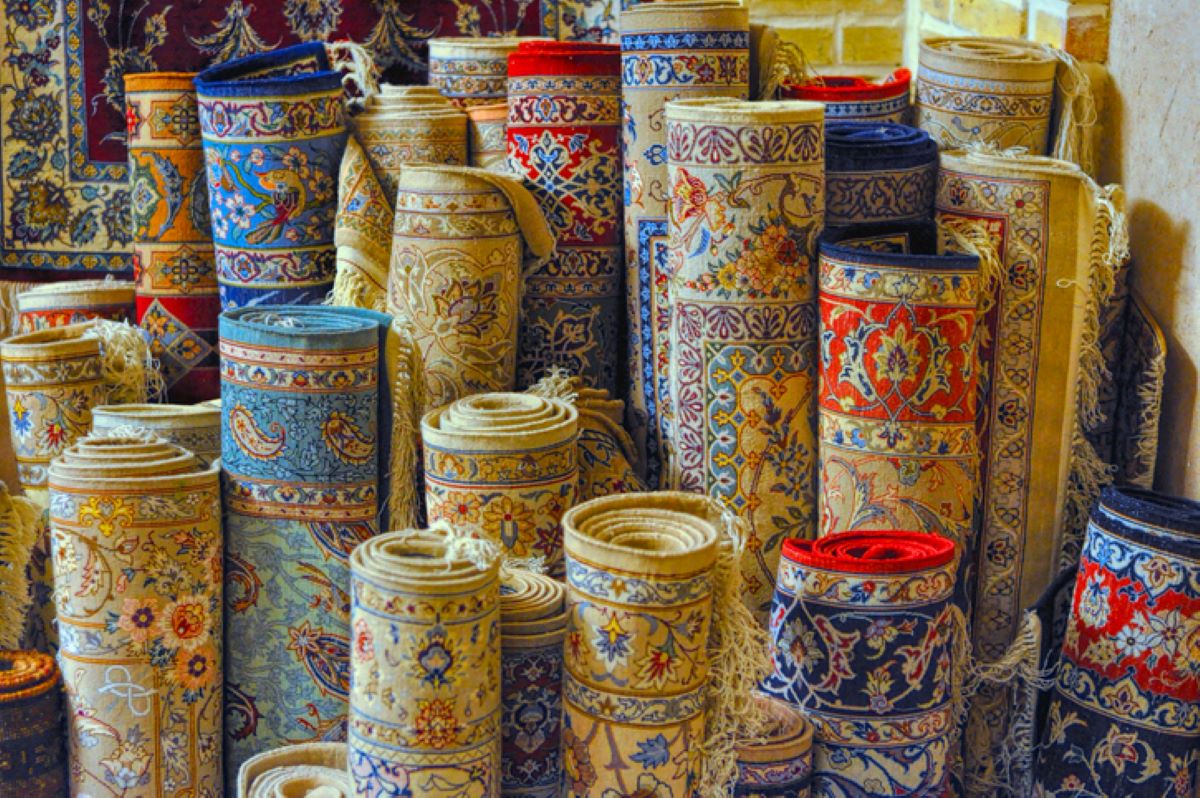
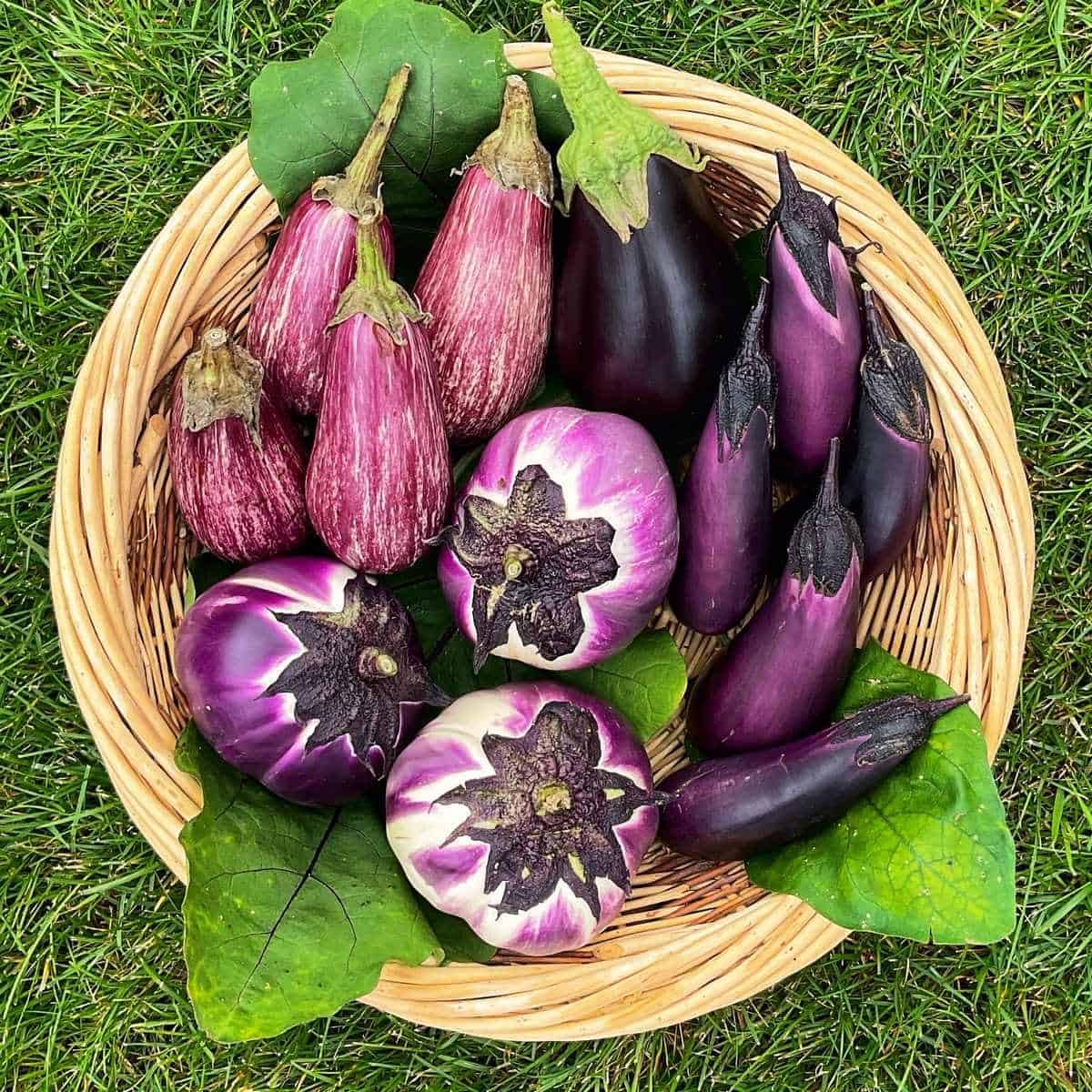
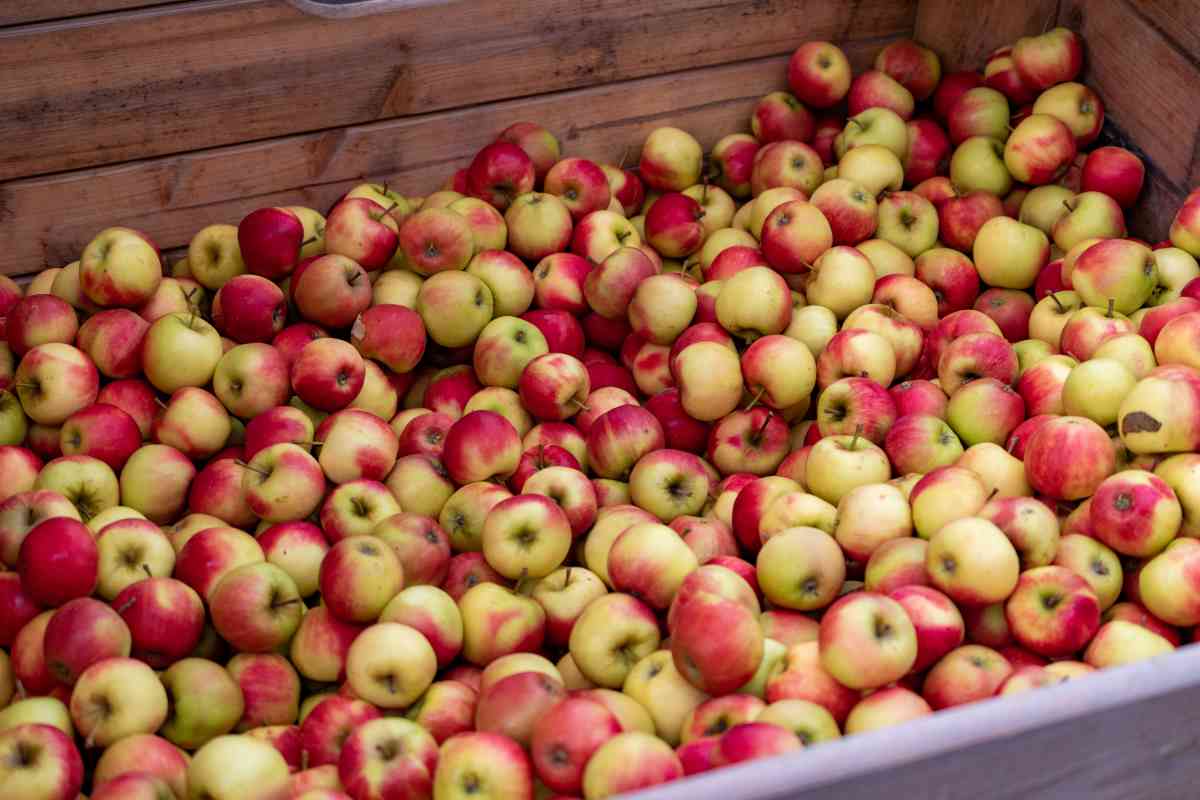
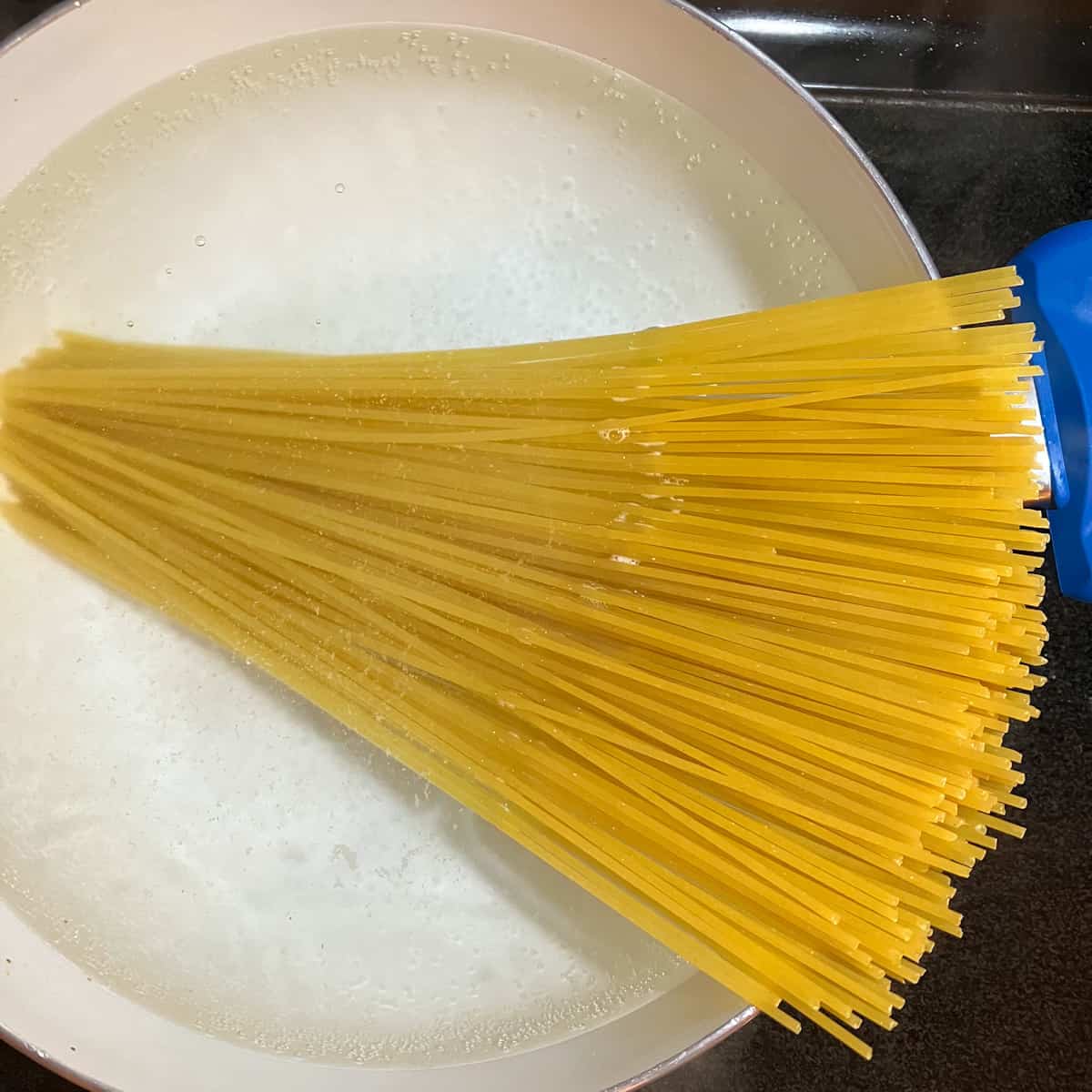
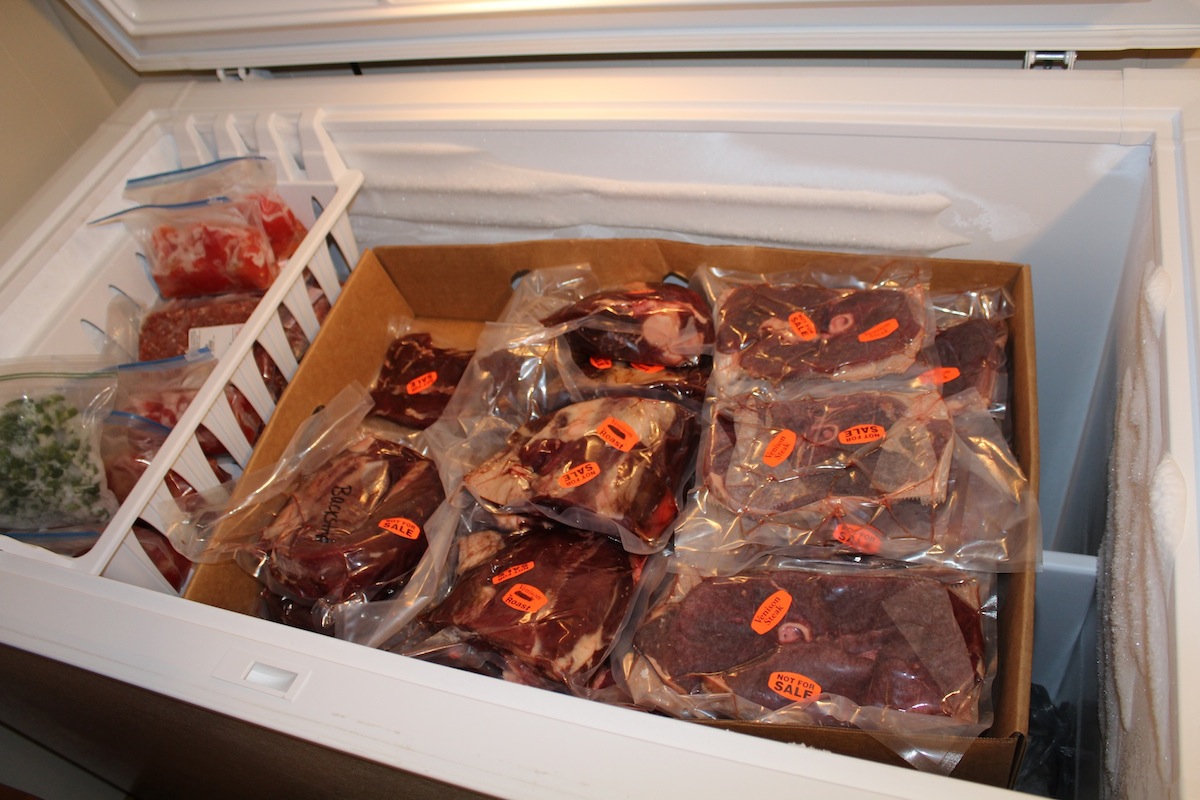

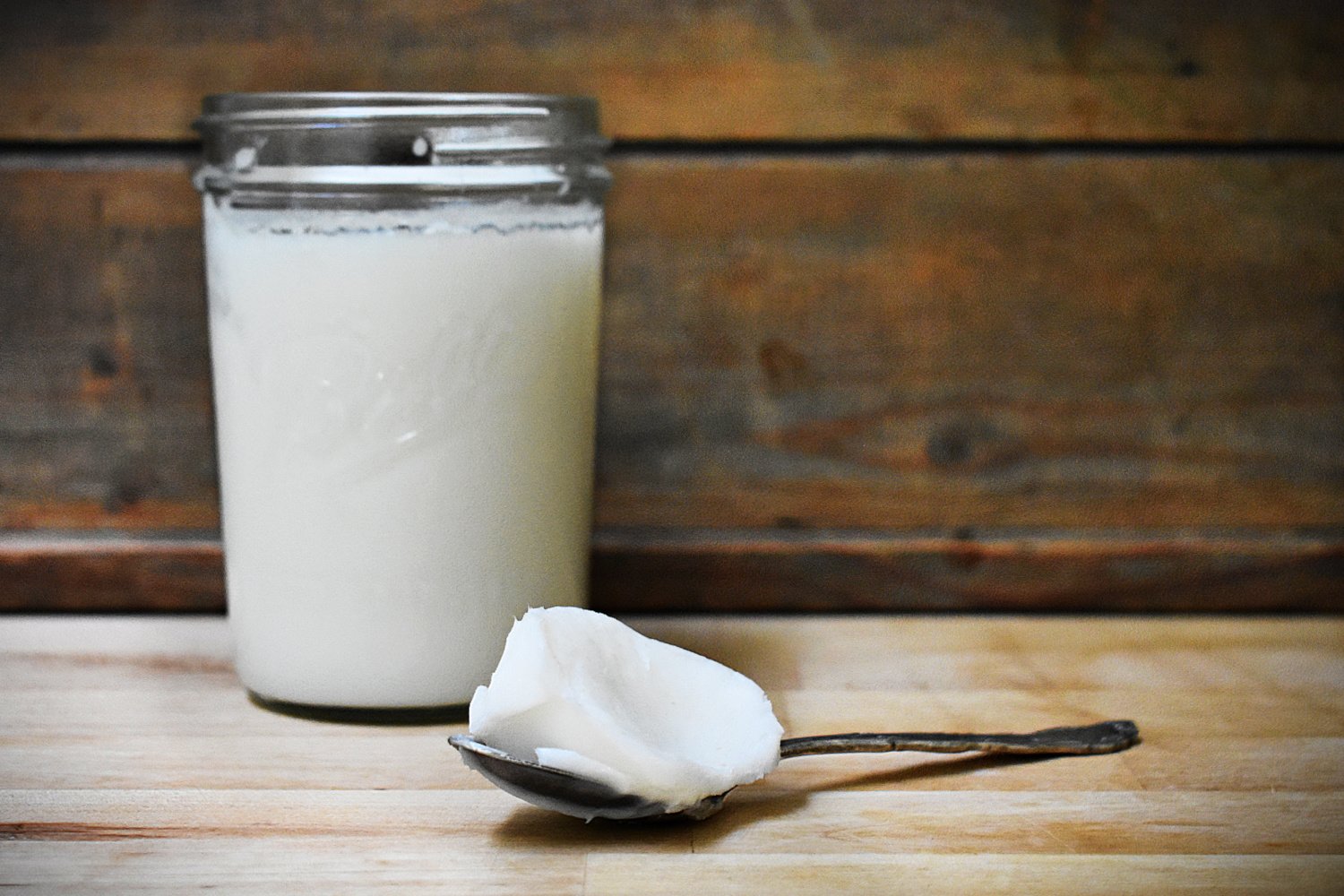
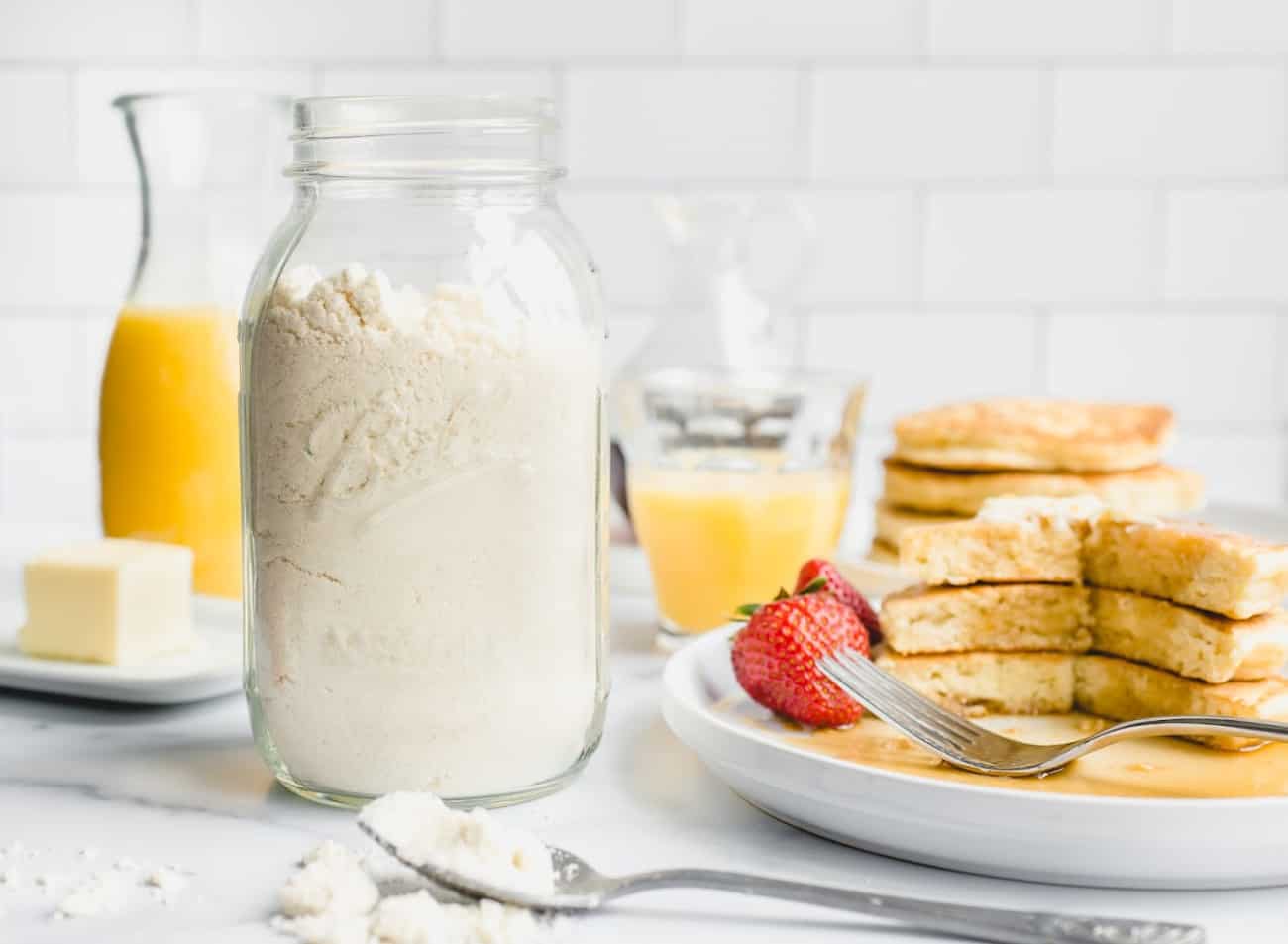
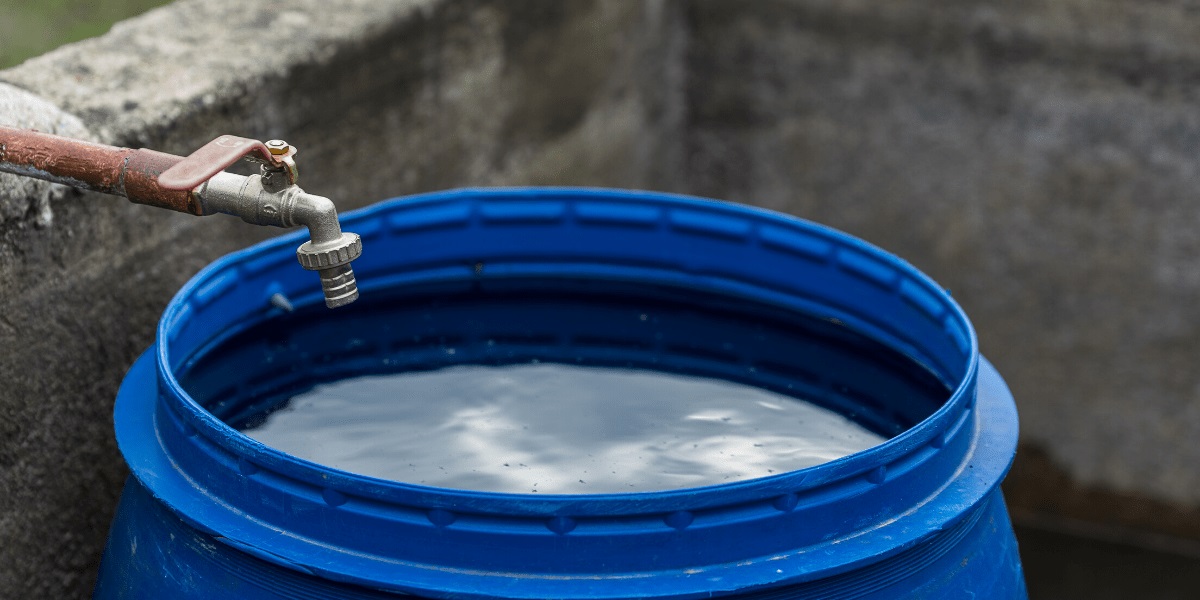
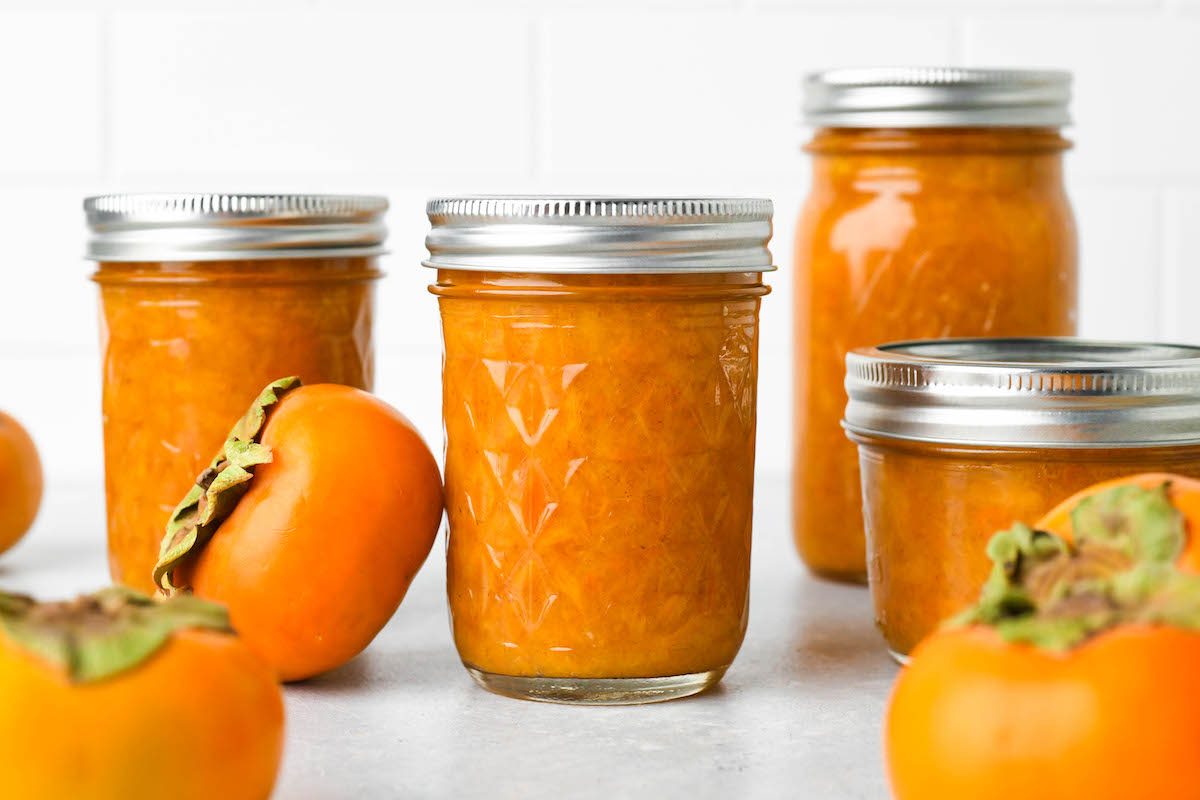


0 thoughts on “How To Store Cooking Oil Long Term”